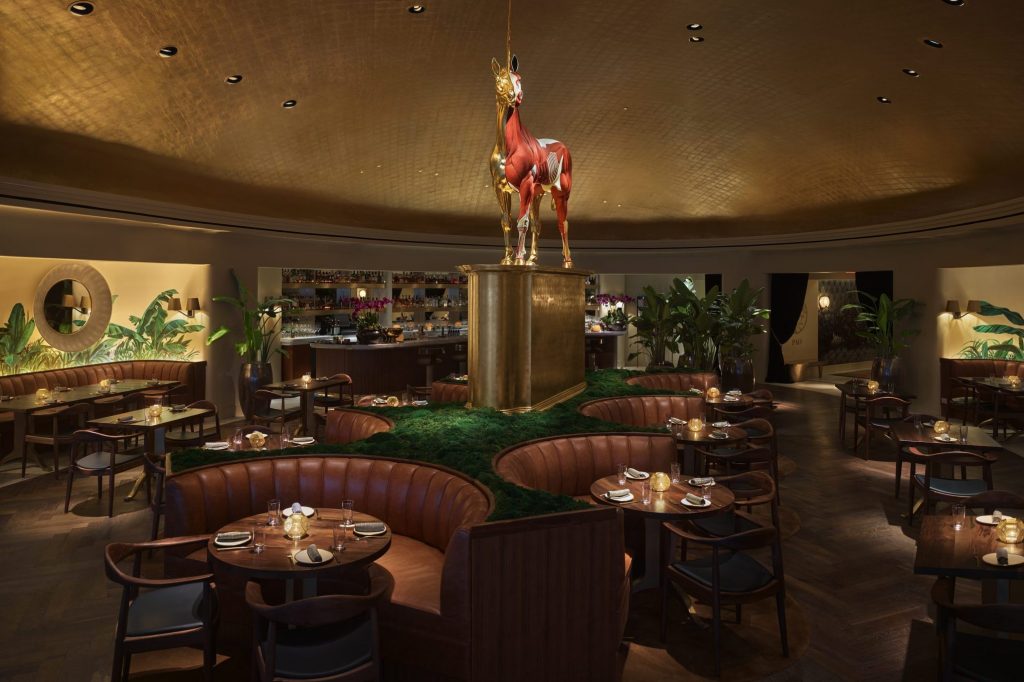Accor Partners With Miami-Based Faena to Fuel Its Lifestyle Hotel Strategy

Skift Take
It may not be an outright acquisition, but Accor's partnership with Faena further builds on the Paris-based hotel giant's plan to be a leader in the trendy, lifestyle hotel sector coming out of the pandemic.
Accor’s latest hotel expansion further cements its status as the cool, hip sibling among its global competitors.
The Paris-based hotel giant Tuesday announced plans to partner with Faena, a hospitality company with three hotels between Miami and Buenos Aires. The deal may seem small, but Faena’s properties are more like mini neighborhoods with restaurants, condos, and cultural components encompassing several city blocks.
The joint announcement for the partnership even labels future endeavors as “Faena Districts” rather than hotels, similar to Faena’s existing properties in Florida and Argentina.
A close working relationship — which is not a sale to Accor, Faena founder Alan Faena emphasized in an interview with Skift — between the two companies is the latest Accor play to focus even further on luxurious lifestyle hotels, which generate a higher share of revenue from their restaurants and bars.
“They bring a lot to the table,” Faena said. “It’s very dif
